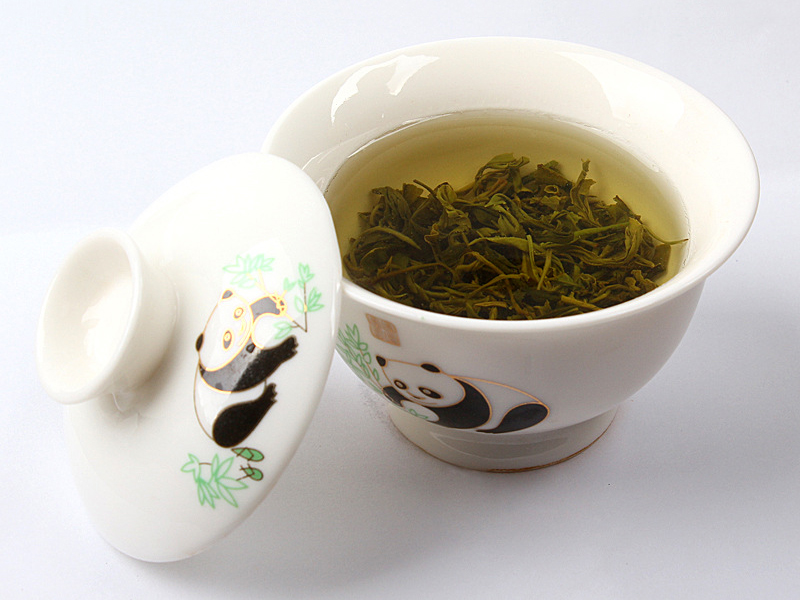
Photosynthesis and light acclimation
According to Polish researchers, plants developed a sophisticated, highly responsive, and dynamic physiology because of their need to perform photosynthesis and their inability to escape environmental stresses. Photosynthesis is the process by which plants convert energy from sunlight to chemical energy. This chemical energy comes in the form of carbohydrates, with oxygen as a byproduct of the conversion. While these carbohydrates become a part of the plant structure, oxygen is released into the atmosphere to be used by organisms that rely on respiration to live.
Plants acclimate to light, fortify their immune defenses, and perform photosynthesis and transpiration -- evaporation of water from plant leaves -- using a computational algorithm of cellular automation. In cellular automation, several components act and interact together to produce rather complicated patterns that reflect a complex behavior. Studies suggest that plants are capable of processing information from the intensity and amount of energy in sunlight through this. Using processes like non-photochemical quenching (NPQ) and photoelectrophysiological signaling (PEPS), plants can perform biological quantum computation and memorize light training.
Many plants regularly receive more sunlight than they need for photosynthesis, hence they developed a way to regulate their light harvesting machinery to balance absorption and utilization of light energy. This regulation involves protective non-photochemical mechanisms that quench chlorophylls -- pigments that absorb energy from light -- and dissipate excess energy as heat. These mechanisms involved in NPQ are important for the smooth execution of photosynthesis and the protection of plants from photooxidative damage. (Related: Plant cells that enable photosynthesis found to also play a role in plant self defense.)
When plants are exposed to too much sunlight, reactive oxygen species (ROS) are produced during photosynthesis. ROS can cause cellular damage, and in extreme cases, lead to pigment bleaching and death. By preventing the harvesting of too much light energy, NPQ preserves the integrity of plant structures involved in photosynthesis and ensures plant survival. PEPS is also associated with local and systemic responses to excess sunlight. PEPS is induced by changes in photosystem II -- a protein complex that splits water into oxygen and plastoquinol during photosynthesis -- or changes in glutathione metabolism in chloroplasts. PEPS is light wavelength-specific and, according to research, is involved in the dynamic light training and memory system used by plants to optimize light acclimation and immune defenses.
Plants store, process, and use memories for survival
"In animals, memory is connected with intelligence in such a way that the more intelligent the organism is, the greater the degree of individual adaptively variable behavior," wrote the researchers in their study, Secret Life of Plants. "Our recent data indicate that plants possess memory of previous light incidents, called cellular light memory, which is used for optimization of future light acclimatory and immune defense responses (SAAR)." Simply put, plants store and use information from light to anticipate changes that may happen in the future.
Plants possess a mechanism that helps them process memorized information. According to the researchers, it is evident in the way plants adapted their responses to enable them to easily acclimate to light or prepare for pathogen attacks. Information encrypted in the intensity and amount of energy in light is converted into PEPS that regulates physiological responses. This transmutation is made possible by NPQ. The analogous information is then physiologically memorized by plants with the help of products generated when photosystem II is exposed to excessive light.
"Plants... have their network of chloroplasts connected by stromules, electrophysiological and PEPS circuits transduced by bundle sheath cells and cellular light memory that regulates SAAR. Our results suggest that plants are intelligent organisms capable of performing a sort of thinking process... and capable of memorizing this training. Indeed, leaves in the dark are able to not only “see” the light, but also are able to [differently] remember its spectral composition and use this memorized information to increase their Darwinian fitness," concluded the researchers.
Sources include:
Please contact us for more information.























